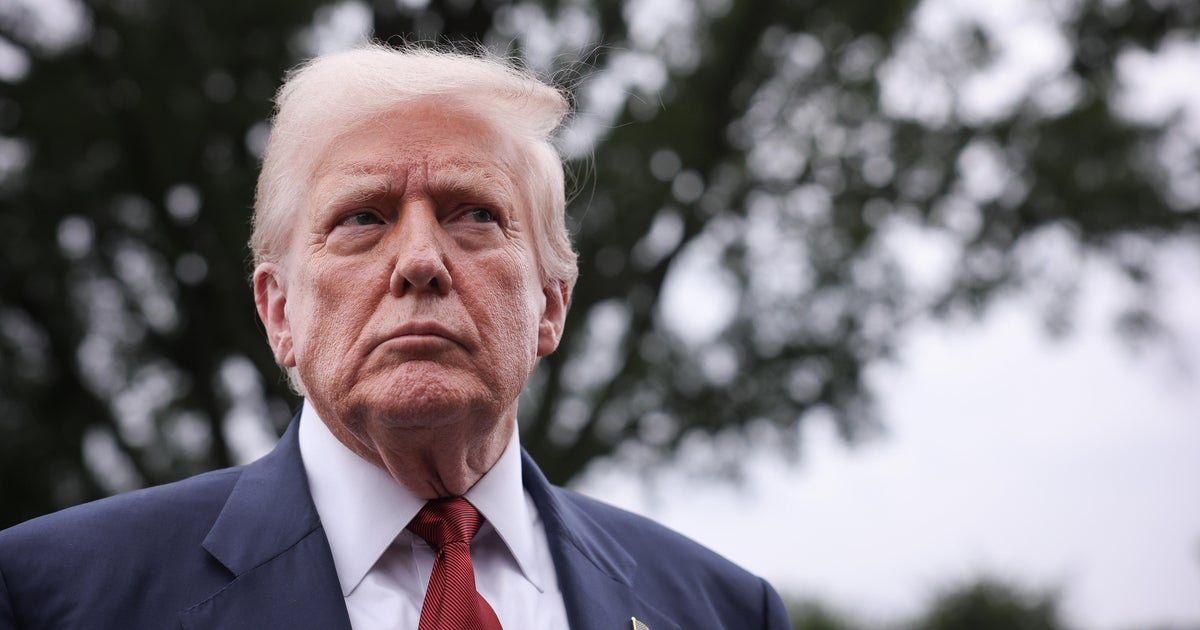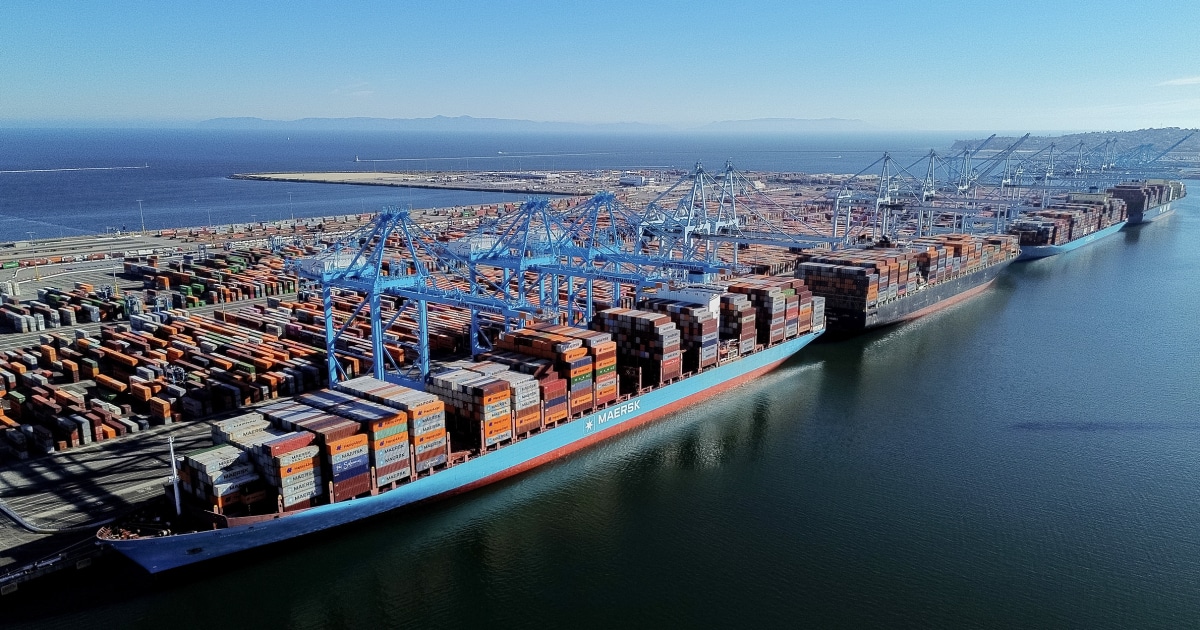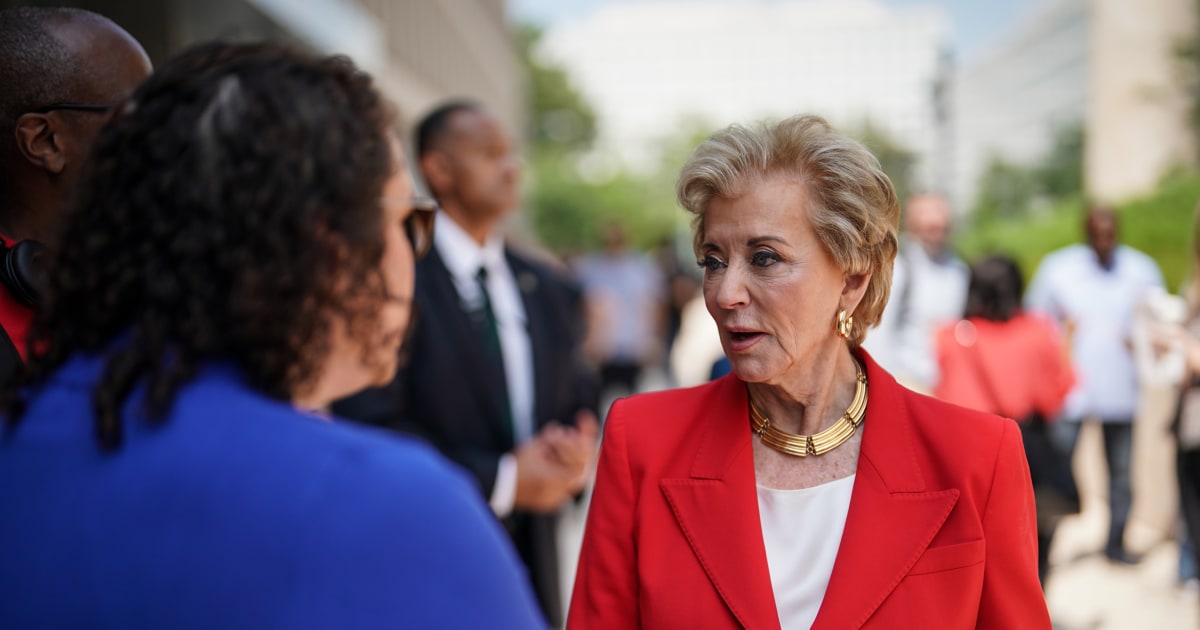The Crucial Role of the Trump Administration in the Azerbaijan-Armenia Peace Deal

Introduction
The recent peace deal between Azerbaijan and Armenia has been met with praise and relief from the international community. What many may not know, however, is that it was the Trump administration that played a crucial role in getting the deal over the finish line. While the Biden administration's efforts were crucial in setting the stage for the deal, it was the Trump team that ultimately sealed the deal, showcasing the former President's skills as a peacemaker.
The Biden Administration's Role
The conflict between Armenia and Azerbaijan has been ongoing for decades, with multiple attempts at peace falling through. When President Biden took office, he made it a priority to end the conflict and worked towards a ceasefire. This paved the way for further negotiations and ultimately led to the peace deal. The Biden administration's efforts cannot be understated, as they laid the foundation for the Trump team to build upon.
Trump's Role as a Peacemaker
Despite the Trump administration's rocky relationship with international diplomacy, they were able to play a crucial role in bringing peace to the warring nations. The former President's close relationship with both Azerbaijani President Ilham Aliyev and Armenian Prime Minister Nikol Pashinyan allowed for open communication and negotiations. Additionally, Trump's foreign policy advisors, including National Security Advisor Robert O'Brien, played a vital role in facilitating talks and ensuring a successful
About the People Mentioned
Donald Trump
Donald John Trump, born June 14, 1946, in Queens, New York, is an American businessman, media personality, and politician. He graduated from the University of Pennsylvania’s Wharton School in 1968 with a degree in economics. In 1971, he took over his family’s real estate business, renaming it the Trump Organization, through which he expanded into building and managing skyscrapers, hotels, casinos, and golf courses. Trump gained widespread fame as the host of the reality TV show *The Apprentice* from 2004 to 2015, which helped establish his public persona as a successful entrepreneur. Trump entered politics as a Republican and was elected the 45th president of the United States, serving from 2017 to 2021. His presidency was marked by significant policy actions including tax cuts, deregulation, the appointment of three Supreme Court justices, renegotiation of trade agreements (notably replacing NAFTA with the USMCA), and a focus on immigration control including border wall expansion. He withdrew the U.S. from international agreements such as the Paris Climate Accord and the Iran nuclear deal, and engaged in a trade war with China. His administration’s response to the COVID-19 pandemic was criticized for downplaying the virus’s severity. Trump was impeached twice by the House of Representatives—first in 2019 for abuse of power and obstruction, and again in 2021 for incitement of insurrection—but was acquitted by the Senate both times. After losing the 2020 election to Joe Biden, Trump challenged the results, culminating in the January 6, 2021, Capitol riot. He remains a central figure in American politics, having won the 2024 presidential election and returned as the 47th president in 2025, continuing to promote policies aimed at economic growth, border security, and military strength[1][2][3][4].
About the Organizations Mentioned
Trump_Administration
The "Trump Administration" refers primarily to the U.S. presidential administrations led by Donald J. Trump, encompassing his first term from 2017 to 2021 and his second term beginning in 2025. As the 45th and current U.S. President, Trump’s administrations have focused on a wide array of policy areas, including economic reform, trade, foreign policy, judicial appointments, and technology innovation. During his first term (2017-2021), the Trump Administration enacted significant tax reforms, notably the Tax Cuts and Jobs Act, which was the largest tax reform in U.S. history. It also prioritized renegotiating trade agreements with major partners such as Mexico, Canada, China, Japan, and South Korea to favor American economic interests. The administration emphasized strengthening the military, combating ISIS, addressing the opioid crisis, improving veterans' healthcare, and responding to the COVID-19 pandemic with vaccine development support[4][5]. In technology and business, the Trump Administration advanced American leadership by signing international agreements on secure 5G networks, including the Prague Principles, and collaborating with the UK on artificial intelligence cooperation. It also led efforts to exclude Chinese telecom giant Huawei from allied 5G infrastructure, reflecting concerns over national security and technology sovereignty[5]. Notably, President Trump appointed three Supreme Court justices—Neil Gorsuch, Brett Kavanaugh, and Amy Coney Barrett—marking the largest such appointment by any one-term president since Herbert Hoover. Over 200 federal judges were confirmed during his first term, reshaping the judiciary[4]. The administration was marked by controversy, including two impeachments by the House of Representatives—first in 2019 for abuse of power related to Ukraine and second in 2021 for incitement of insurrection—with acquittals in both Senate trials[4]. Foreign policy highlights include withdrawing from the Trans-Pacific Partnership, imposing travel bans on several Muslim-majority countries, and complex stances in Middle East conflicts,
Biden_Administration
The **Biden Administration**, serving as the executive branch leadership of the United States from January 20, 2021, to January 20, 2025, focused on restoring economic stability, advancing technological leadership, and addressing social and environmental challenges. Its agenda emphasized rebuilding the economy "from the middle out and bottom up," responding decisively to the COVID-19 pandemic’s economic shock, and fostering inclusive growth[4]. Key achievements include the implementation of the **Bipartisan Infrastructure Law**, which invests massively in rebuilding U.S. infrastructure—replacing lead pipes, expanding high-speed internet access, upgrading roads and bridges, and boosting public transit and clean energy infrastructure. This law also promotes electric vehicle infrastructure and climate resilience, reflecting a strong commitment to sustainable development[2]. In technology and business, the administration took significant steps to **restrict outbound American investments in critical technologies** such as semiconductors and artificial intelligence, aiming to protect national security and maintain U.S. technological leadership[2]. It aggressively enforced antitrust laws, appointing Lina Khan to the Federal Trade Commission, achieving notable victories against tech monopolies and competition issues[3]. The administration also made strides in **healthcare affordability**, capping prescription drug costs, including insulin prices, and enabling Medicare to negotiate drug prices, thus lowering costs for millions of Americans[3][5]. Efforts to reduce "junk fees" and promote competition further targeted consumer protections[5]. In regulatory policy, the Biden Administration issued a historically high number of economically significant rules, especially in its later years, reflecting an active regulatory approach to address economic, environmental, and social issues[6]. Executive orders in 2025 continued to focus on workforce development and skilled trade jobs, highlighting an ongoing commitment to economic modernization and equity[7][8]. Internationally, the administration reasserted American leadership by strengthening alliances, modernizing the military, and positioning the U.S. as a global leader on climate and economic challenges

















